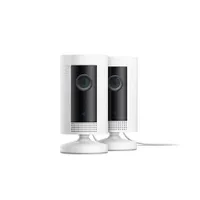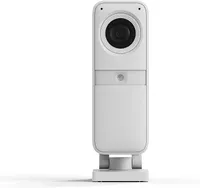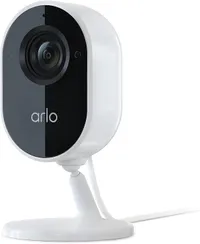Wyze security breach — 3 ways to protect your smart home now
Your smart home's privacy is paramount, keep your activity away from prying eyes
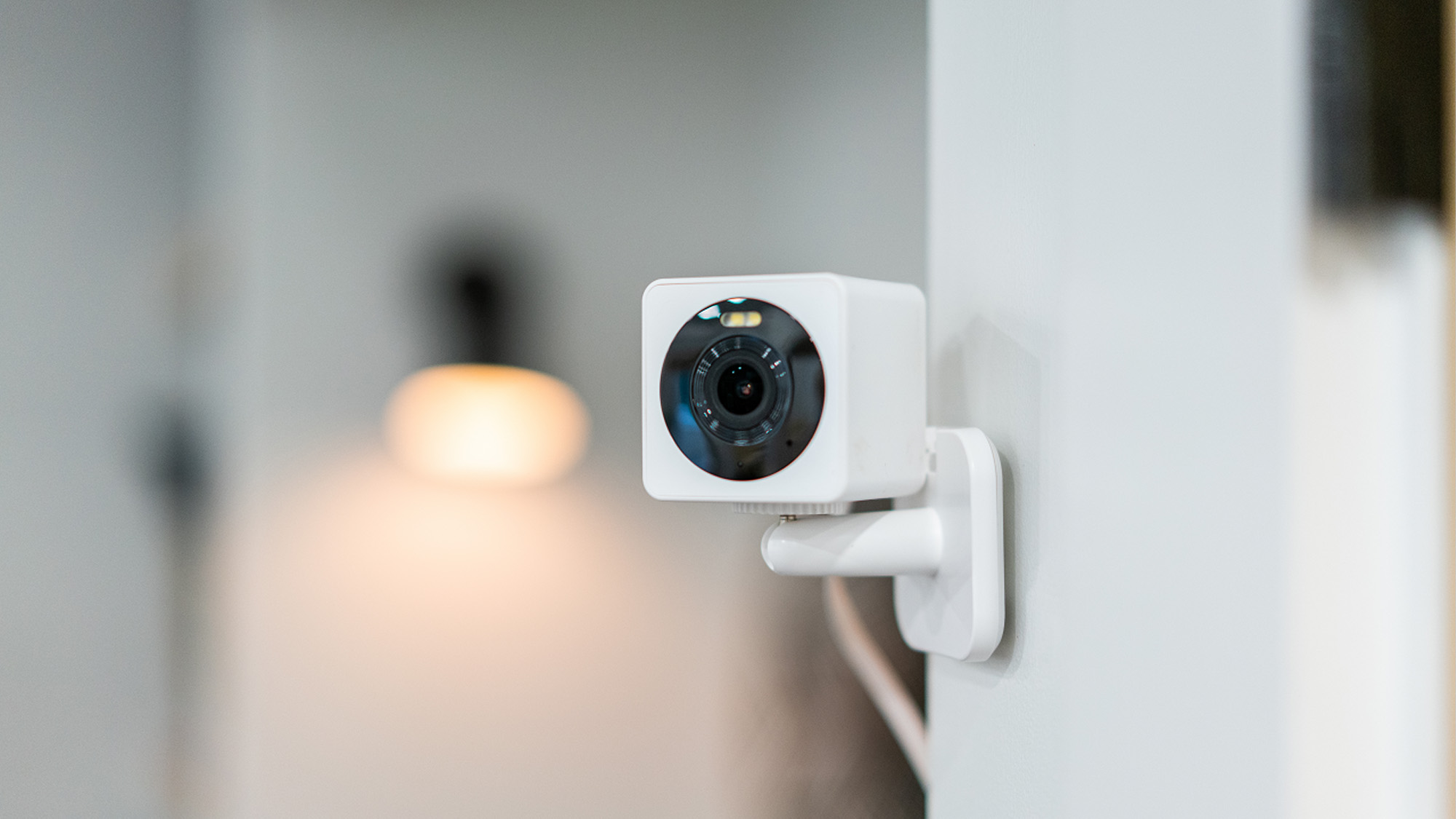
Wyze's camera breach last week allowed over 13,000 customers to see into each other's homes. It's not just one company, even the best security cameras from Eufy and TP-Link have been in hot water for mixing up streams or improperly securing certificate layers. With the best smart home devices always connected to the internet, there is always a risk of this happening to you.
You don't want hackers using backdoors to spy on you or other app users accidentally popping in on your interior cameras. While there's not a system out there that's completely immune to an attack, some practical steps can drastically decrease your chance of having your privacy invaded. Here are some quick tips on how to lock down your smart home security system.
Use security cameras with end-to-end encryption
The first step to protecting your home is buying the right security camera from the start. Our picks for the best security cameras come from reputable manufacturers like Ring and Eufy who include privacy layers such as end-to-end encryption. This higher level of security scrambles activity by sending it through a virtual tunnel. Your data is encrypted until it reaches a secure location (one of your trusted devices) so external parties can't see what's happening. While this is the highest level of protection there are still ways to beef up your setup if you're using a non-encrypted model.
Ring Indoor Cam (2nd Gen) 2-pack: was $120 now $99 @ Amazon
These sleek cameras provide a crisp 1080p image with color night vision. They're all about protecting your privacy with a manual audio and video kill switch, end-to-end encryption, and privacy zones which you can configure in the RIng app.
Set unique passwords and update firmware
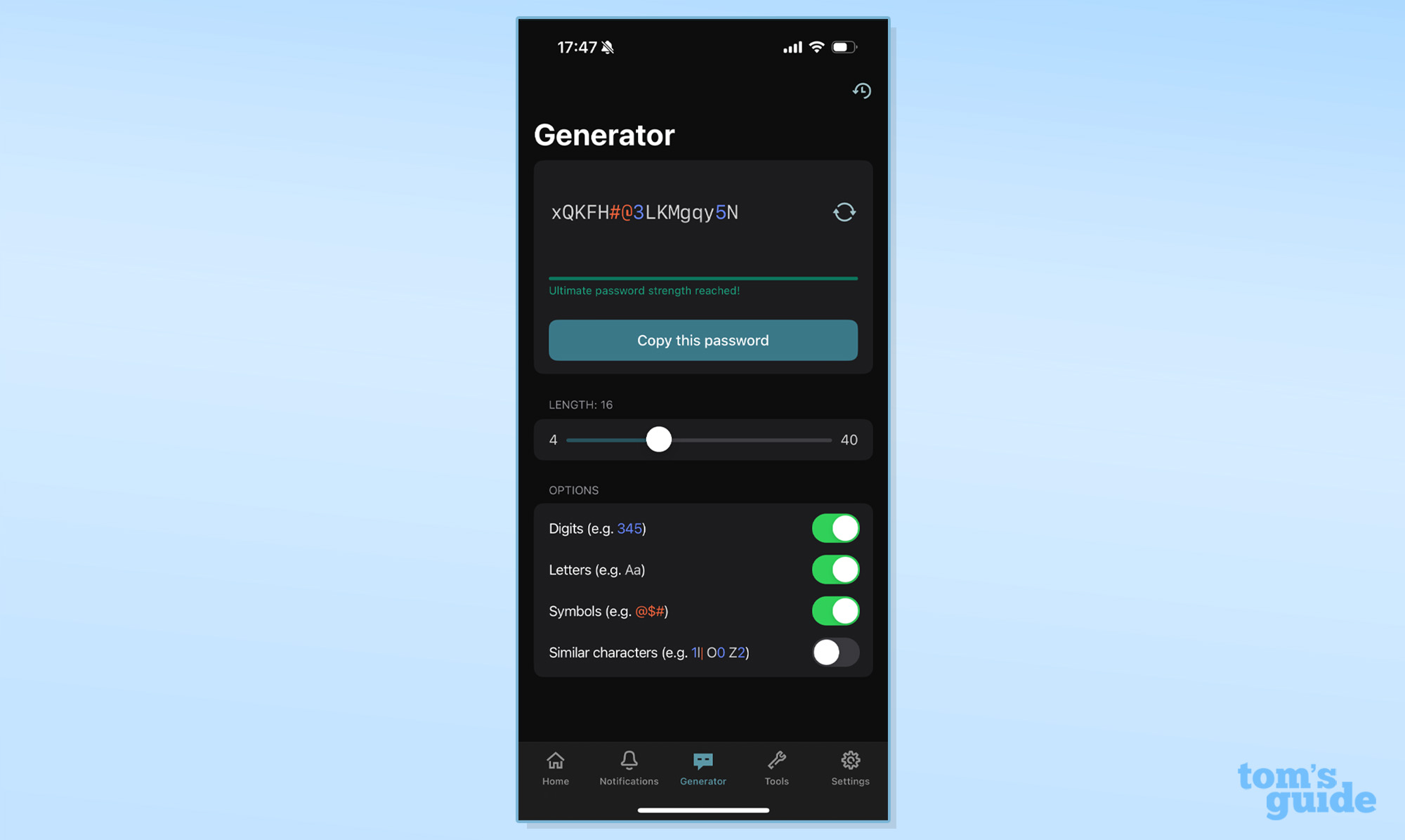
Use long, unique passwords that consist of different cases and characters to prevent bots from guessing your credentials with a password generation attack. You can use one of the best password managers to generate and store these passwords. If your camera supports two-factor authentication it should always be turned on.
Another effortless way to protect your privacy is to keep your devices' firmware up to date. Poor security certificates leave you vulnerable to man-in-the-middle attacks which criminals employ to view and edit communications between the cameras and your app. Manufacturers push out frequent updates to stay ahead of these potential vulnerabilities.
Physical privacy shutters
Privacy shutters are a physical line of defense that manually disable your camera's view. They're built-in to models like the SimpliSafe Indoor Security Camera and GE Cync Smart Indoor Camera and are primarily used while you're at home. You can also buy generic options from Amazon like this one ($7, Amazon).
SimpliSafe Indoor Security Camera: was $139 now $118 @ Amazon
SimpliSafe's mechanical actuator instantly engages the privacy shutter which you can see and hear with a closed-off lens and click. The only downside to this is that it’s locked into SimpliSafe’s ecosystem, which we think is still one of the best DIY security systems with 24/7 monitoring.
Arlo Essential Indoor Camera: was $99 now $49 @ Amazon
This more affordable option is also equipped with a mechanical privacy cover to cut the video feed when needed. Like other Arlo cameras, it has a built-in siren, sharp 1080p image quality, and 2-way noise canceling audio that makes it a perfect pet or baby monitor.
More from Tom's Guide
- Abode's new security camera works from up to 1.5 miles away
- 3 security cameras that don't require subscriptions
- My friend’s hardwired security cameras gave me serious FOMO — here’s why
Get instant access to breaking news, the hottest reviews, great deals and helpful tips.
Hunter Fenollol was a Senior Editor for Tom’s Guide. He specializes in smart home gadgets and appliances. Prior to joining the team, Hunter reviewed computers, wearables, and mixed reality gear for publications that include CNN Underscored, Popular Mechanics, and Laptop Magazine. When he’s not testing out the latest cooking gadgets, you can likely find him playing a round of golf or out with friends feeding his paycheck to a QuickHit slot machine.
Hunter started his career as an intern at Tom’s Guide back in 2019 while in college. He graduated from Long Island University Post with a degree in Communications and minor in Advertising. He has been vlogging ever since the iPhone 4 took front-facing cameras mainstream.
 Club Benefits
Club Benefits





